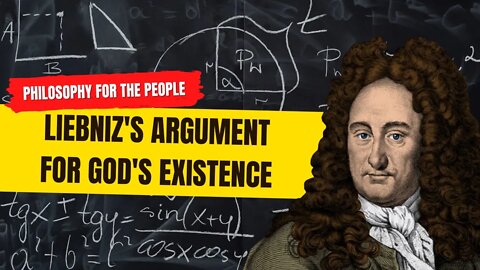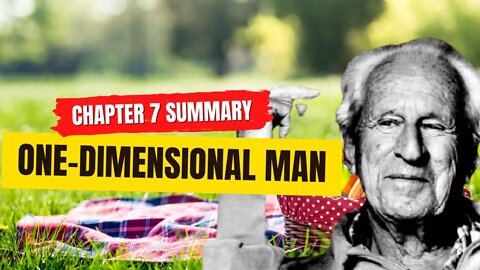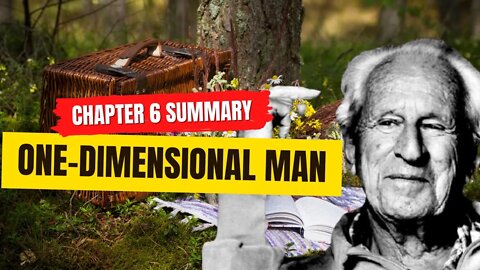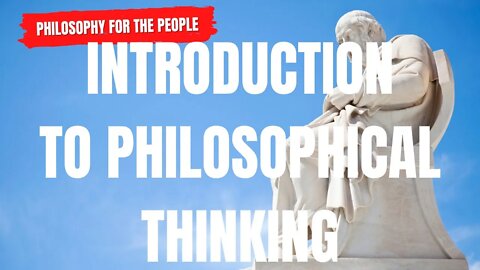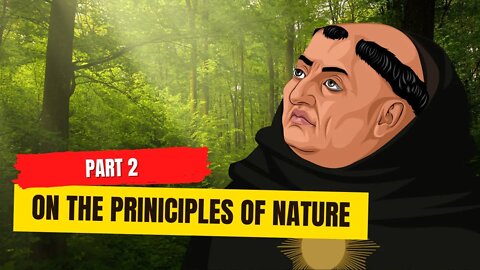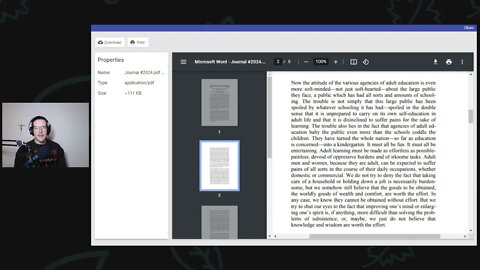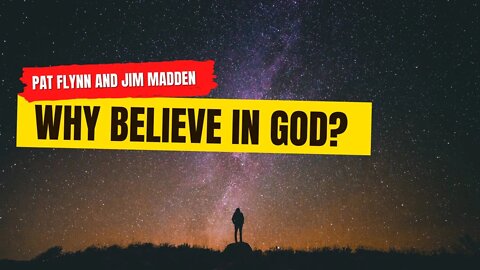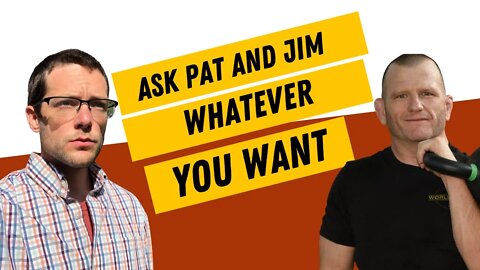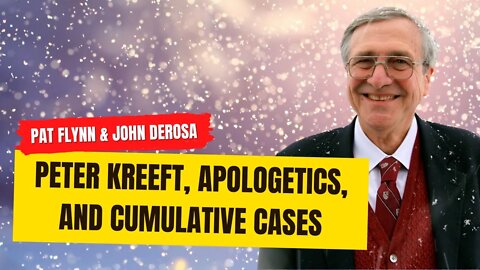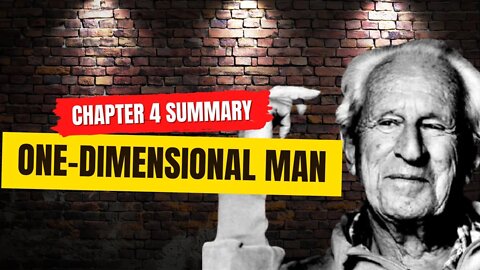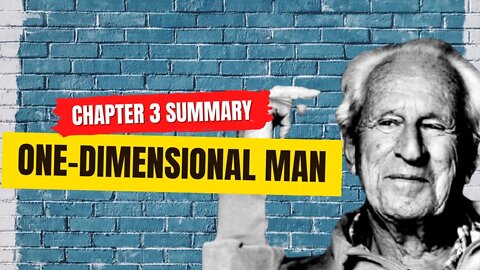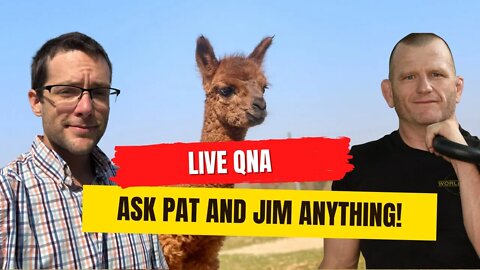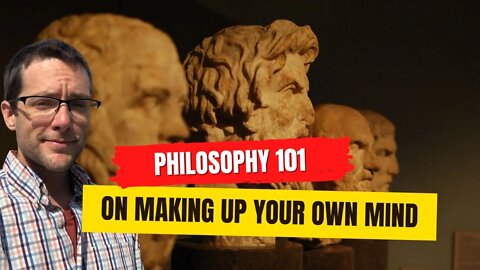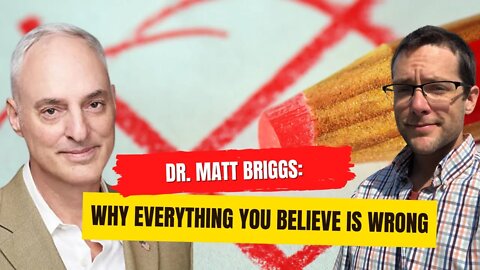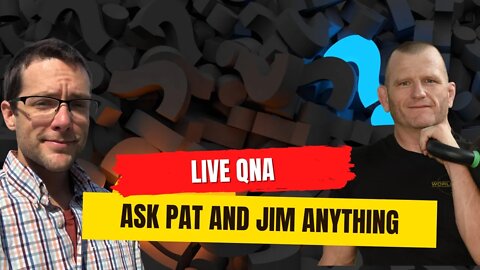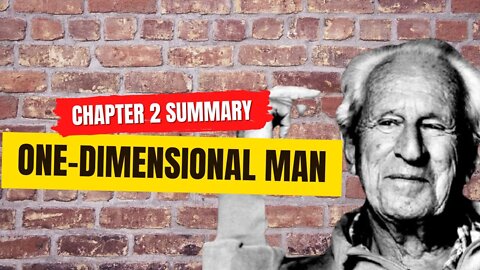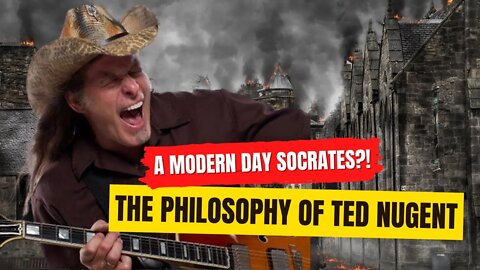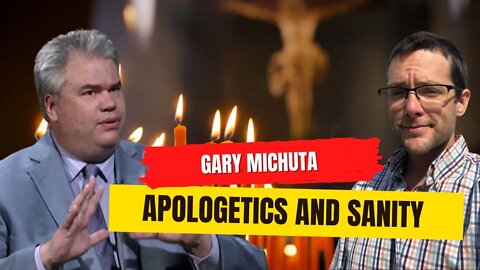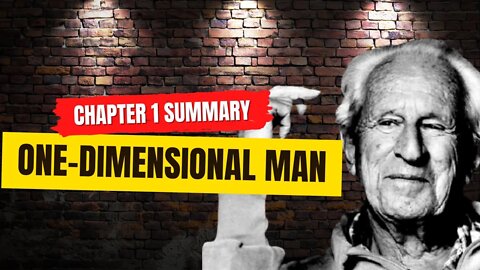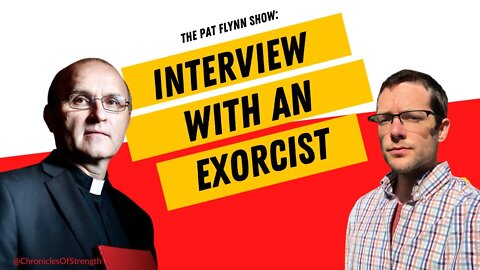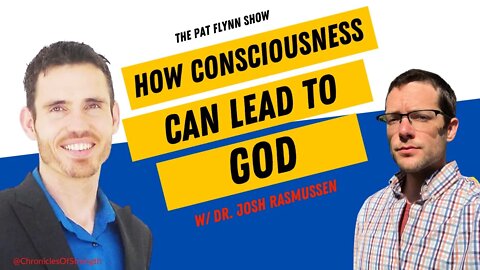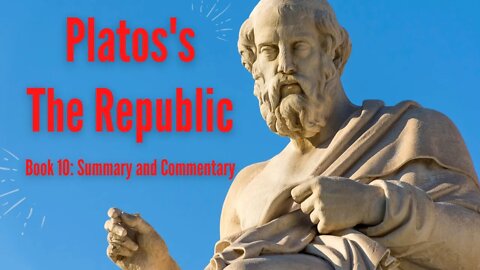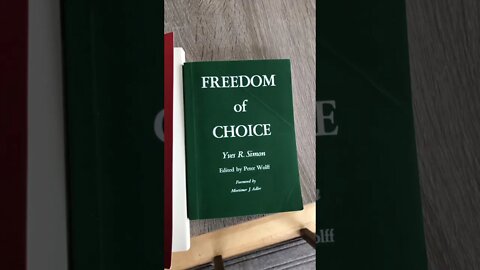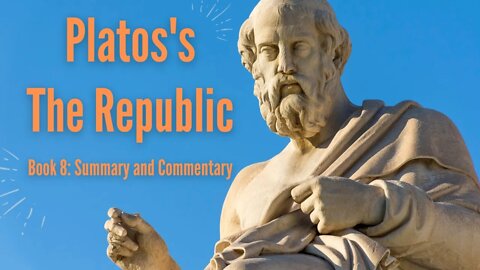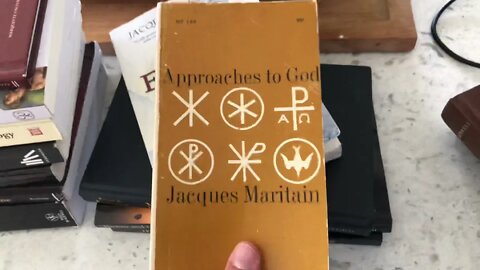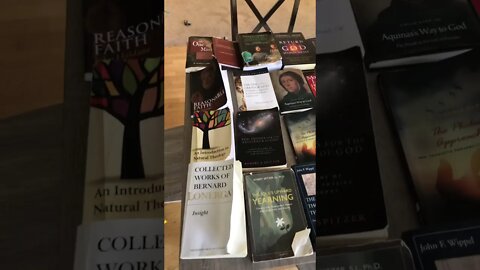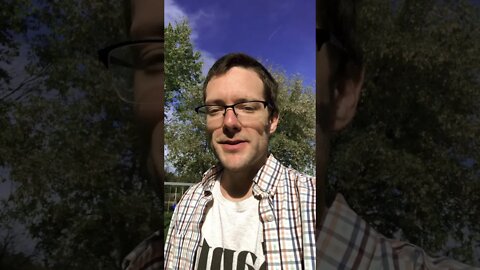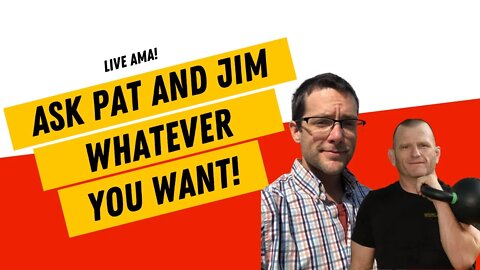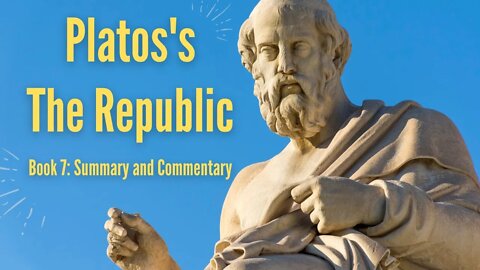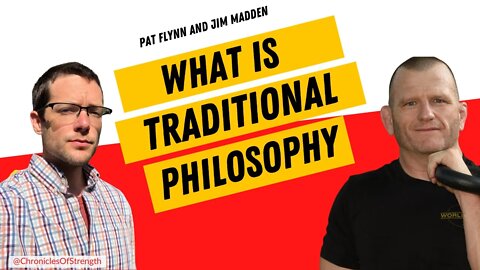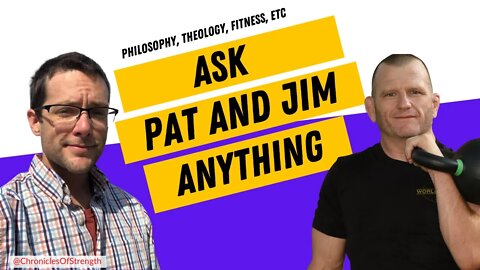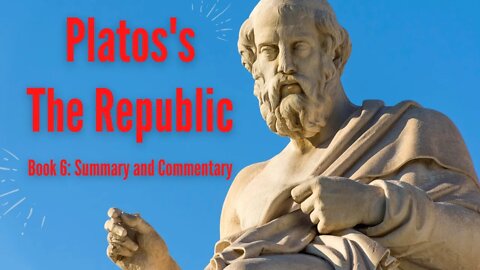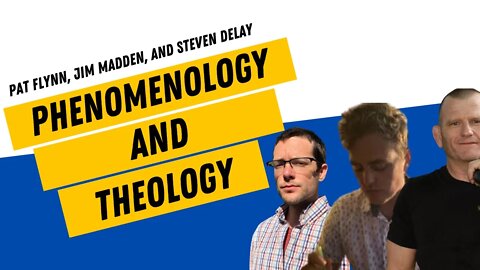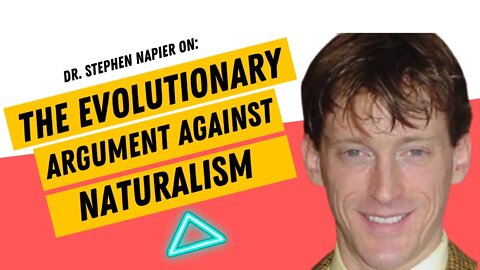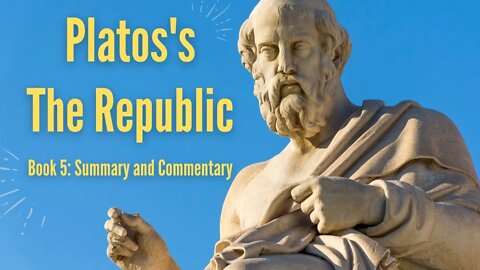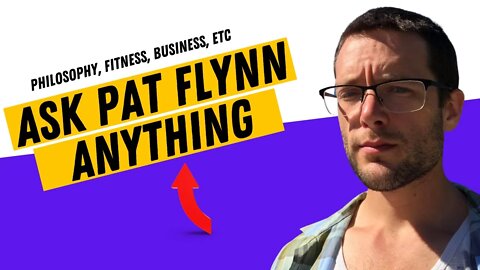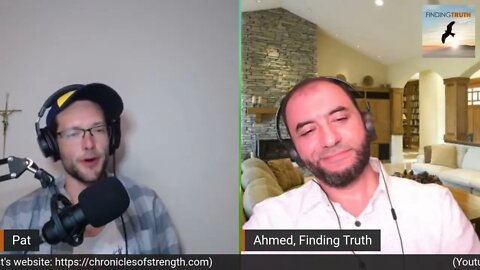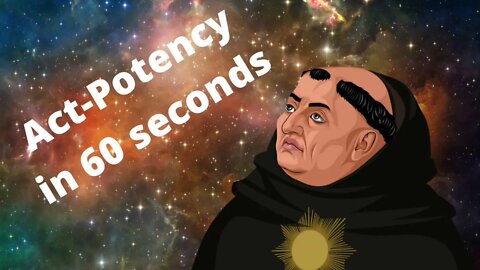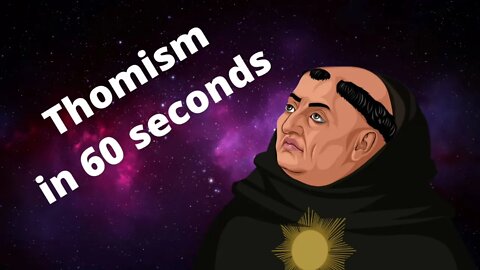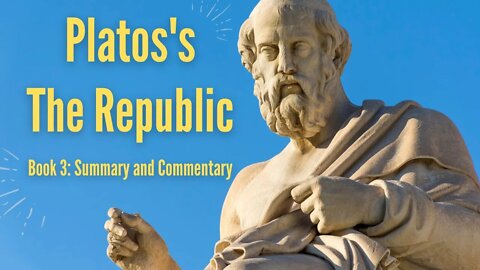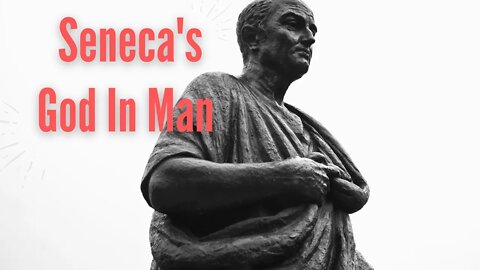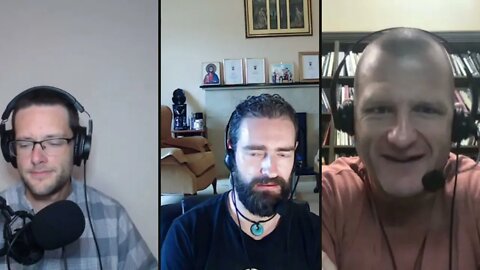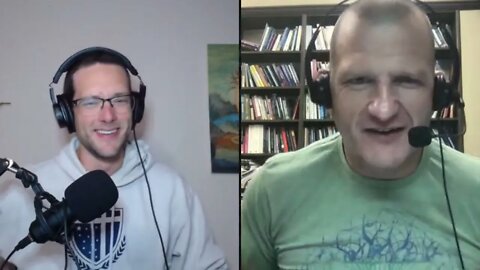Premium Only Content
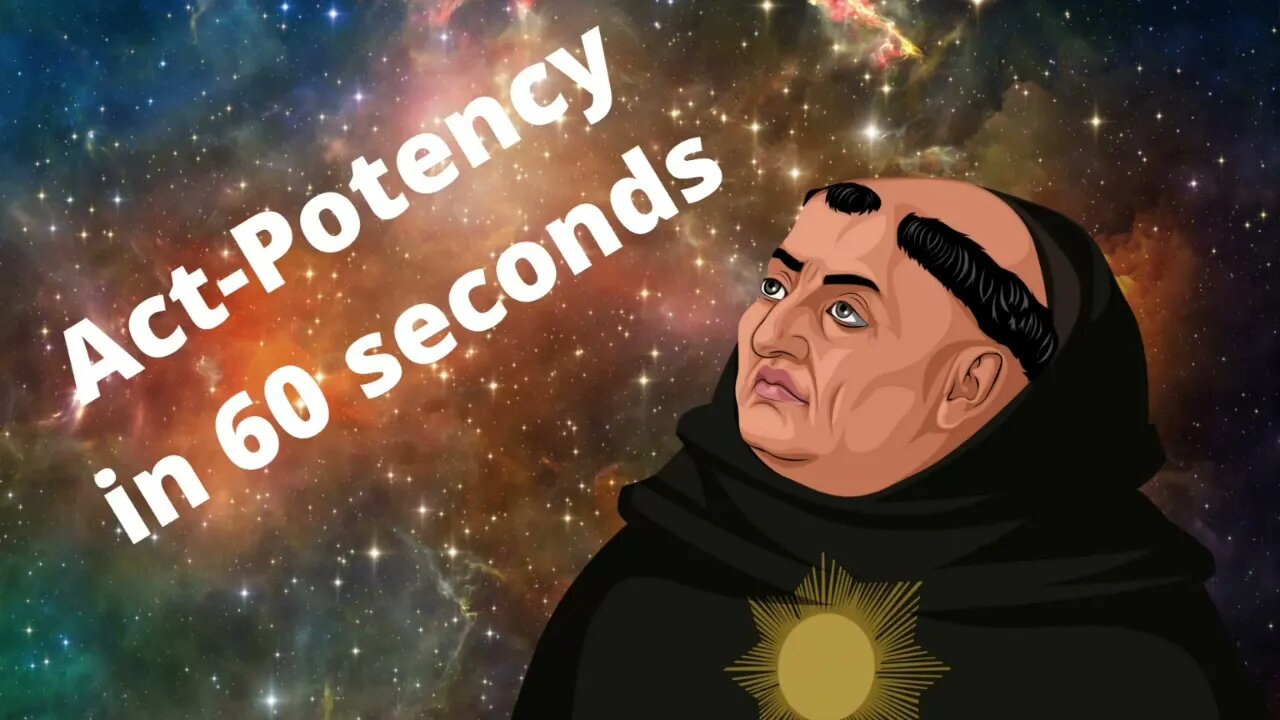
The Moral Consequences of the Fact-Value Distinction
Leibniz's Argument for God's Existence | On The Ultimate Origination of Things
One-Dimensional Man | Chapter 7 Summary, Commentary, and QnA
Ask Pat and Jim Anything | Live QnA
Is It Reasonable to Believe In God? Two Philosophers Respond.
One-Dimensional Man | Chapter 6 Summary, Commentary, and QnA
Introduction to Philosophical Thinking w/ Dr. Brian Kemple
On The Principles of Nature | Chapter 2 Summary, Commentary, and QnA
An Invitation to the Pain of Learning
One-Dimensional Man | Chapter 5 Summary, Commentary, and QnA
Is There Really No Evidence for the Existence of God?
Ask Pat and Jim Anything | Live QnA
Peter Kreeft, Apologetics, and Cumulative Cases
One-Dimensional Man | Chapter 4 Summary, Commentary, and QnA
Ask Pat and Jim Anything | Live QnA
One-Dimensional Man | Chapter 3 Summary, Commentary, and QnA
Ask Pat and Jim Whatever YOU Want | Live "Anything Goes" QnA
On Making Up Your Own Mind by Mortimer Adler
Hints for Reading Philosophy by Mortimer Adler
Why Everything You Believe Is Wrong w/ Dr. Matt Briggs
Ask Pat and Jim Anything | Live QnA (11/12)
One-Dimensional Man | Chapter 2 Summary, Commentary, and QnA
My Book Is On Sale for Just $4 | How to Be Better at (Almost) Everything
The Philosophy of Ted Nugent | Discussion and Live QnA
Apologetics and Sanity w/ Gary Michuta | Livestream and QnA
One-Dimensional Man | Chaper 1 Summary, Commentary, adn QnA
Interview (and QnA) with an Exorcist | Fr. Vincent Lampert
Introduction to One-Dimensional Man by Herbert Marcuse | Philosophy 101 Series
How Plato (Almost Perfectly) Predicted Contemporary Politics
How Consciousness Can Lead to God w/ Josh Rasmussen
Plato's The Republic | Book 10 Summary, Commentary, and QnA
Plato's The Republic | Book 9 Summary, Commentary, and QnA
4 SMALL Books that Answer BIG Philosophical Questions #shorts
Plato's The Republic | Book 8 Summary, Commentary, and QnA
Aristotle’s 10 Categories in 60 Seconds #shorts
The Best Books on the Existence of God (Extended Edition)
The Best Books on the Existence of God #shorts
Ask Pat and Jim Anything | Live QnA - Oct 15th
Plato's The Republic | Book 7 Summary, Commentary, and QnA
What Is Traditional Philosophy? w/ Pat Flynn and Jim Madden
Ask Pat and Jim Anything | Live QnA
Plato's The Republic | Book 6 Summary, Commentary, and QnA
Phenomenology and Theology | What's the Link?
The Evolutionary Argument Against Naturalism w/ Dr. Stephen Napier
A Philosophical Case for Christianity w/ Pat Flynn and Classical Theist
Plato's The Republic | Book 5 Summary, Commentary, and QnA
Ask Pat Flynn Anything | Live QnA
Plato's The Republic | Book 4 Summary, Commentary, and QnA
Discussing the Problem of Evil on an Islamic Youtube Channel
The Act-Potency Distinction In 60 Seconds | Philosophy In (Almost) 60 Seconds
Thomism In 60 Seconds | Philosophy In (Almost) 60 Seconds
What's the Problem with Scientism? w/ Edoardo and Jim
Plato's The Republic | Book 3 Summary, Commentary, and QnA
God In Man by Seneca
Is Life Meaningful Without God? | Live Philosophy QnA w/ Pat Flynn, Gaven Kerr, and Jim Madden
Plato's The Republic | Book 2 Summary, Commentary, and QnA
Plato's The Republic | Book 1 Summary, Commentary, and QnA
The Act-Potency Distinction In 60 Seconds | Philosophy In (Almost) 60 Seconds
The second installment of our Philosophy In (Almost) 60 Seconds series focuses on the traditional act-potency distinction. Please offer suggestions for the next installment in the comments.
Please like, comment, share, and subscribe!
*The Act-Potency Distinction*
Change occurs. But how is this possible? Certain Pre-Socratic philosophers such as Parmenides suggested that change must be an illusion, since it would require something (being) coming from nothing (non-being), which is absurd. Aristotle, on the other hand, agreed that while something coming from nothing would be absurd, disagreed that that is what is involved in change. Rather, Aristotle argued that change involves the actualization of some potential and that being “comes in different ways.” There is actual being, on the one hand — namely, that which is actively present and causally-capable — and there is potential being, on the other, which is a sort of in-built latency grounded in actual being and restricted by the nature of things, that could be brought about under appropriate actualizing conditions. For example: while some cup of water is currently actually cool it is potentially hot given its nature and becomes actually hot when somebody applies heat to it. Water, however — and this is important — is never potentially intelligent, because the nature of water restricts it to a particular range of possible ways of being actual, as all natures, according to Aristotle, do.
The act-potency distinction is foundational to any broadly Aristotelian metaphysic, hence the Thomistic thesis that: "Potency and Act divide being in such a way that whatever is, is either pure act, or of necessity it is composed of potency and act as primary and intrinsic principles."
-
 4:40
4:40
Philosophy for the People
1 year agoThe Logical Problem of Evil - Is It Dead or Alive?
61 -
 6:15:10
6:15:10
SpartakusLIVE
6 hours ago$120,000 WZ Tourney || #1 Tournament Champion RETURNS
8.38K -
 47:47
47:47
Athlete & Artist Show
7 hours ago $0.51 earnedSeason 6 Premiere, NHL Season Preview!
7.03K2 -
 17:17
17:17
Advanced Level Diagnostics
20 days ago $0.36 earnedWhy won't this Mack Truck Charge!
5.06K1 -
 1:33:51
1:33:51
Steve-O's Wild Ride! Podcast
16 days ago $11.53 earnedJohn C. Reilly's Surprising Connection To Jackass (And Beef With Weeman!)
105K21 -
 LIVE
LIVE
StoneMountain64
3 hours agoBattlefield 6 Unlocks and Challenges
70 watching -

Total Horse Channel
11 hours agoLow Roller Reining Classic | Main Arena | October 11th, 2025
49.8K6 -
 LIVE
LIVE
GamerGril
4 hours agoZombie Fight Club 💞Dying Light The Beast💞
106 watching -
 56:25
56:25
MentourPilot
1 year agoTITANIC of the Skies! - The Untold Story of Air France 447
39.6K7 -
 LIVE
LIVE
Lofi Girl
2 years agoSynthwave Radio 🌌 - beats to chill/game to
228 watching

